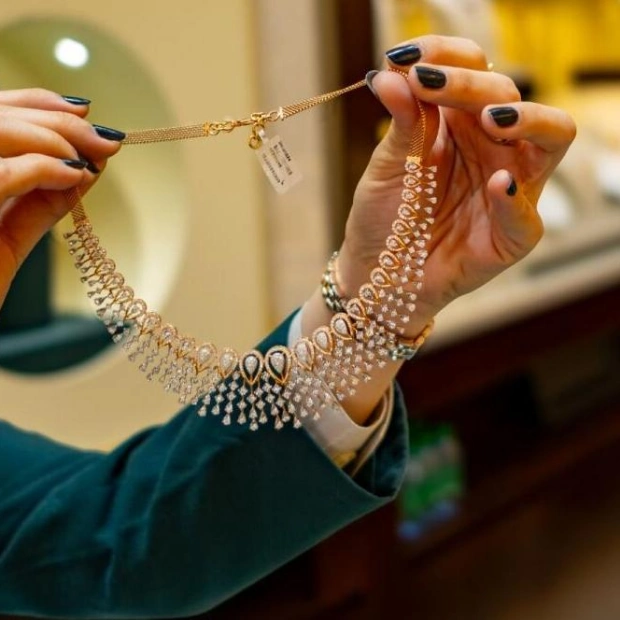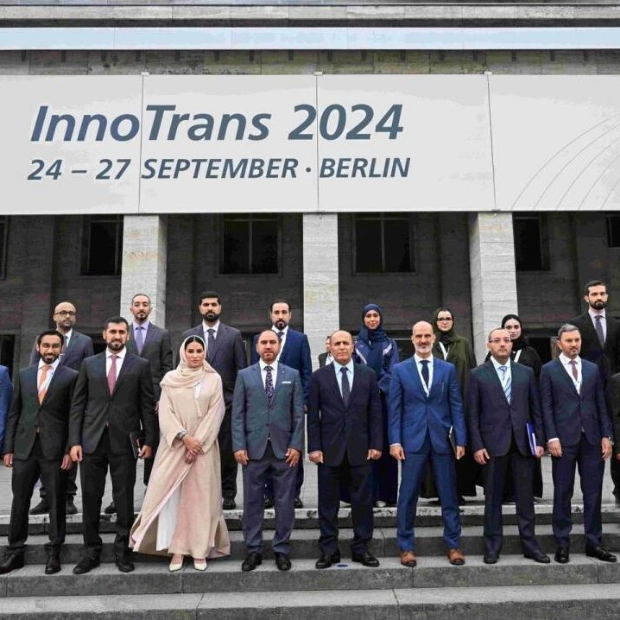A young Israeli woman, who became a symbol of the 251 hostages taken by Hamas on October 7, shared on Wednesday that she believed each night in captivity might be her last, describing her survival as a "miracle". "Every night I went to sleep thinking, this could be the last night of my life," said Noa Argamani, who was freed during an Israeli special forces raid in Gaza in June, speaking in Japan alongside her father.
"And until the moment I was rescued, I couldn't believe I was still alive," added Argamani, 26, during a meeting with senior diplomats from Israel and G7 countries. "And now, sitting here with you, it's a miracle that I'm still here. It's a miracle because I survived October 7, the bombing, and the rescue."
Argamani was among those abducted by Hamas from the Nova music festival, an event that escalated into war with Israel. A viral video, unknown to her until her release, captured her on the back of a motorbike, screaming, "Don't kill me!" The video also showed her boyfriend, Avinatan Or, an engineer, being taken away separately.
Israeli special forces rescued Argamani on June 8 from Gaza's Nuseirat refugee camp, along with three others: Almog Meir Jan, 22, Andrey Kozlov, 27, and Shlomi Ziv, 41. The Israeli military recently announced the recovery of six hostages' bodies from tunnels in southern Gaza. Of the 251 hostages taken that day, 105 remain in Gaza, including 34 reported dead by the military.
"Avinatan, my boyfriend, is still there, and we need to bring them back before it's too late. We don't want to lose more people than we already have," Argamani pleaded. After her release, she visited her mother Liora in a Tel Aviv hospital, who was battling brain cancer and has since passed away.
The software engineering student recounted her eight months of captivity, during which she was frequently moved to various locations, including tunnels. She described the harsh conditions, with limited food and water, infrequent showers, and extreme heat due to lack of air conditioning. "I lost a lot of weight... We had less than half a litre of water per day, and some days we weren't allowed to drink at all," she detailed in Tokyo.
Argamani credited her coping mechanisms to mindfulness and recalling happier times. "Activities like scuba diving, things I enjoyed in my free time before, really helped me to relax and focus on the present," she explained. "But it's tough to stay positive all the time, especially when you constantly hear the bombing and fear it might be your last day."
The October 7 attack claimed 1,199 lives in Israel, mostly civilians, according to AFP's count based on Israeli figures. Israel's military response has resulted in 40,173 Palestinian deaths in Gaza, as reported by the Hamas-run health ministry, which does not differentiate between civilian and militant casualties. The majority of the dead are women and children, according to the UN human rights office.
Last month, Argamani visited the United States and heard Israeli Prime Minister Benjamin Netanyahu speak to US lawmakers. This drew criticism from some hostages' families in Israel, accusing Netanyahu of delaying a truce to free their loved ones. Argamani, aiming to raise awareness about the hostages' plight, had a message for her boyfriend: "I think he doesn't know I've been released. I want him to take care of himself, and I'm waiting for him at home, doing everything I can to bring him back to his family, and to me."






